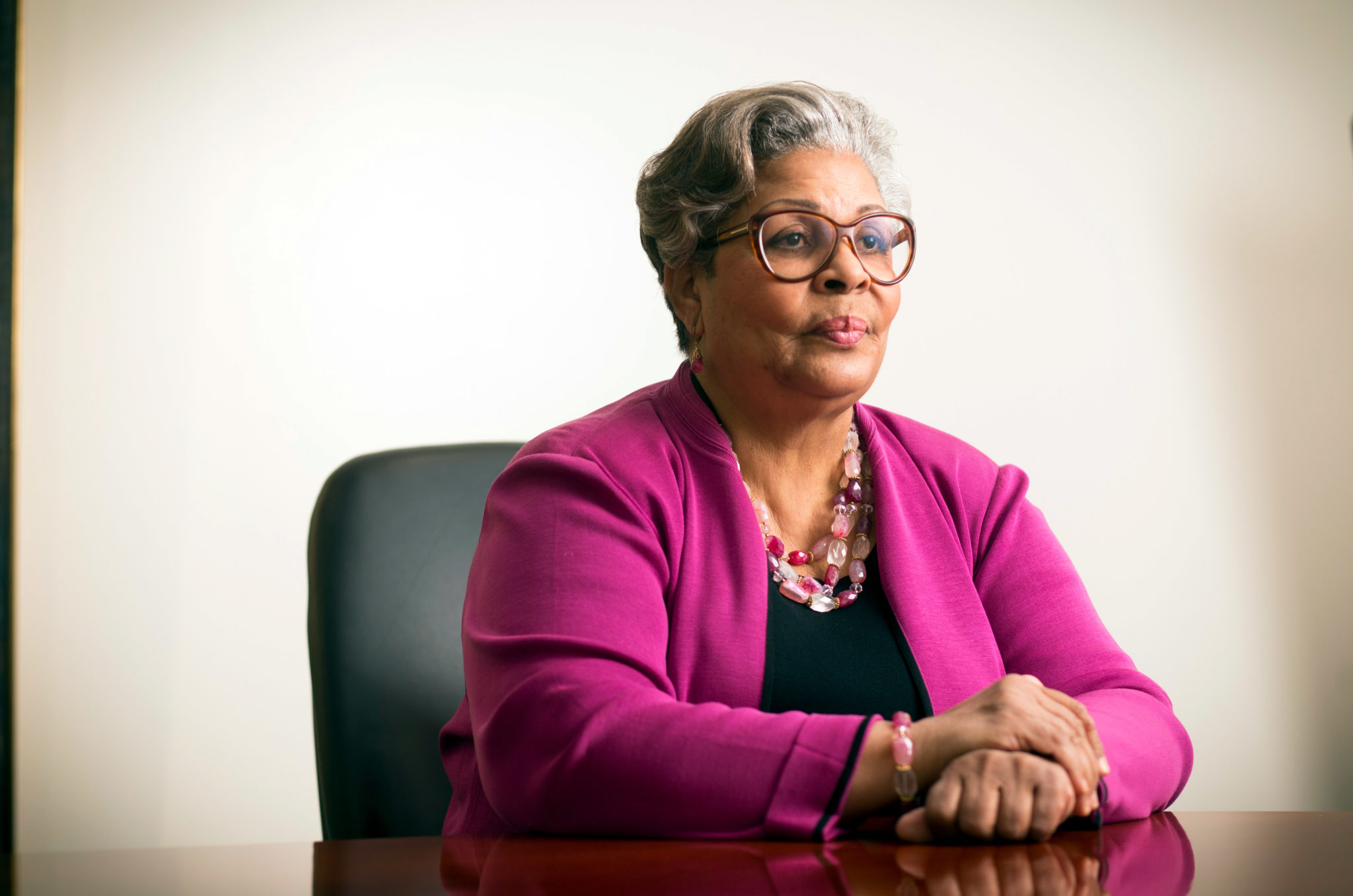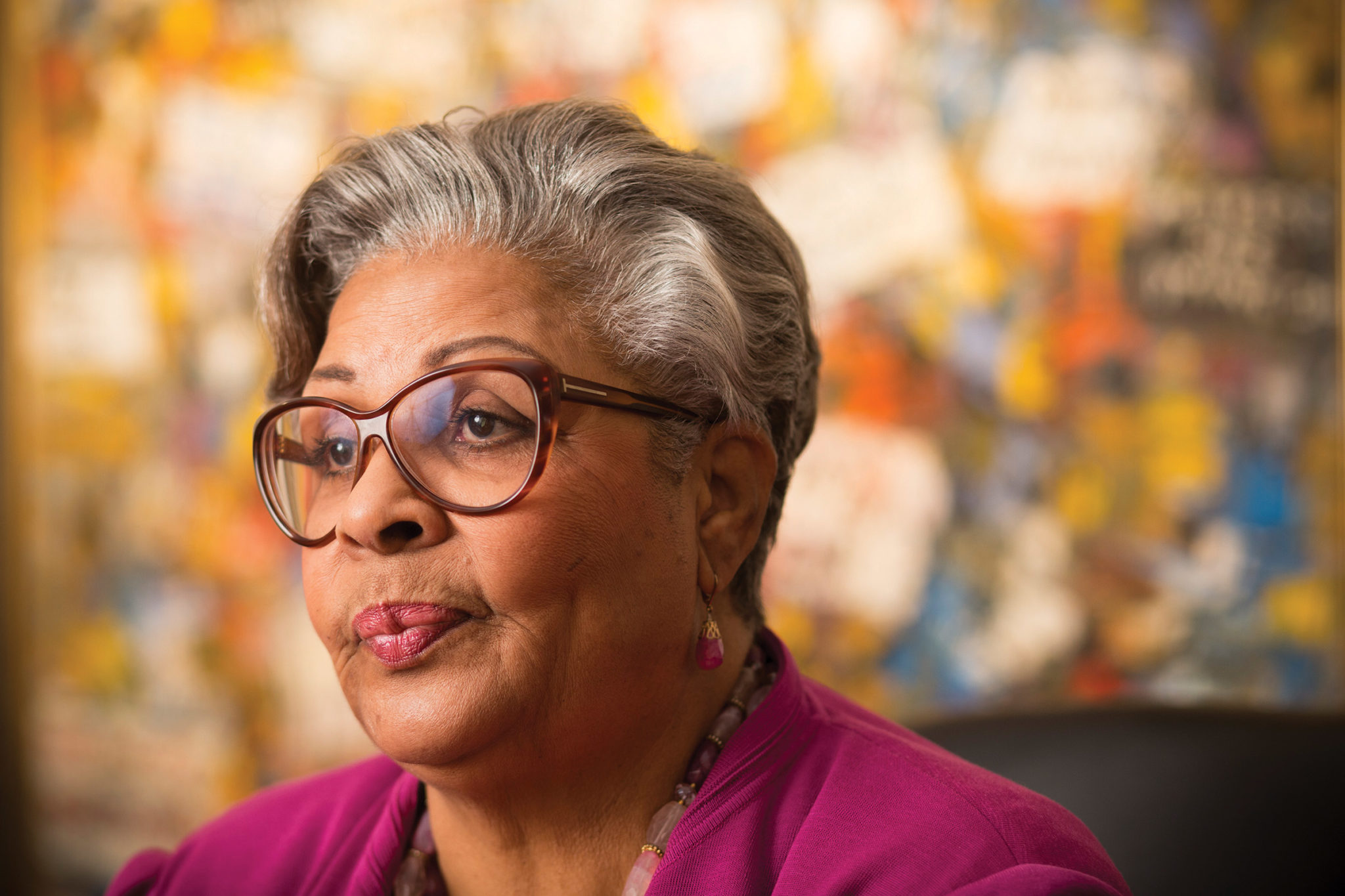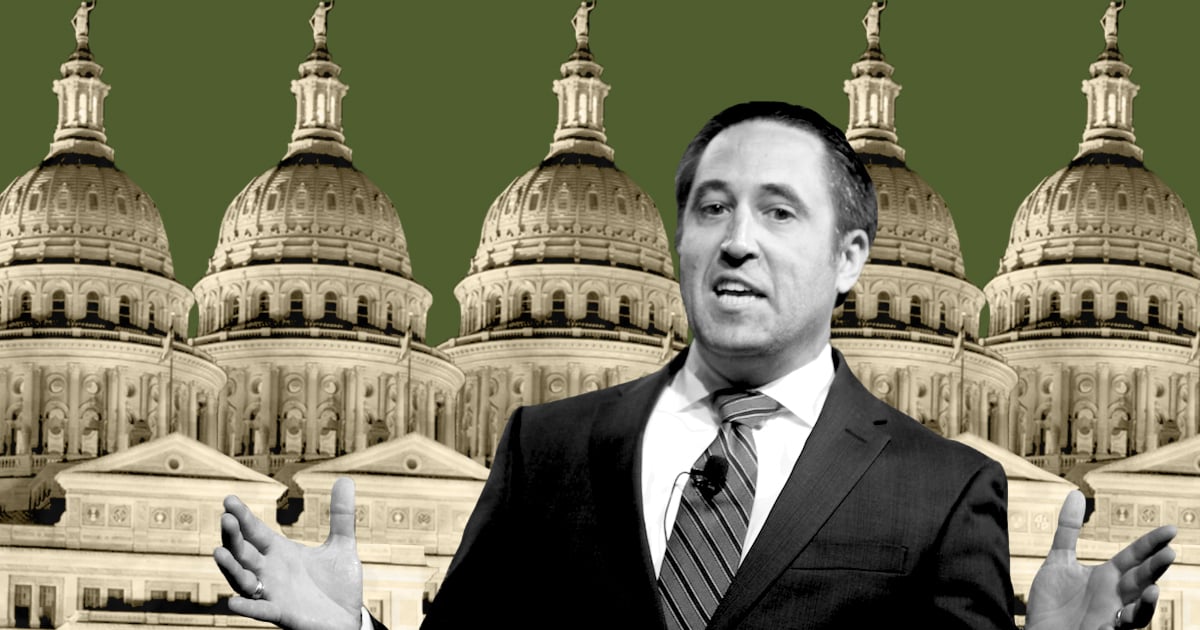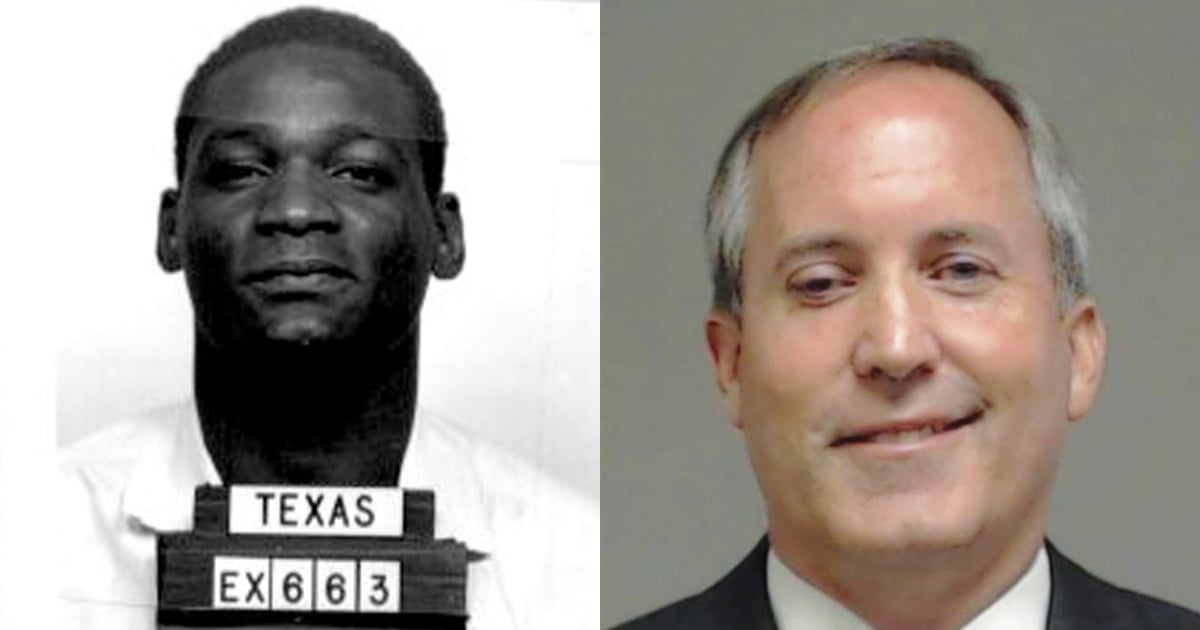
Senfronia Thompson Says #MeToo: Texas Lawmaker on 45 Years of Sexism, Racism at the Capitol
"I tell God all the time, 'These sons of bitches make me so mad. I want to cuss ’em out, ooh Jesus.'"

A version of this story ran in the February 2018 issue.
As the longest-serving woman and African American in the Texas Legislature, state Representative Senfronia Thompson, or Ms. T as she is affectionately known, has seen a lot in the nearly 45 years she’s represented her Houston district. In the midst of the #MeToo movement and following allegations that two Texas lawmakers had sexually harassed women, the 79-year-old Democrat spoke with the Observer about her experiences with racism and sexism under the pink dome.
In a 2016 interview with Texas Monthly, you called Hillary Clinton’s nomination a “historic moment” that “demonstrates that women can govern.” Then Trump won. What did that moment mean to you?
We had a woman who was capable, qualified, who had experience — I thought all those things were a plus-plus for the American people. And it was an opportunity for women, particularly for those who come behind us, to have a role model. To feel that their sex would no longer hold them back, but would just be an open vista of opportunity. It was one of the biggest shocks in my life politically when she lost.
Women are coming forward now to speak out about harassment. You did so your first term in 1973. Tell me about that experience.
I had a colleague from Cleburne [state Representative C.C. “Kit” Cooke]; it was [my first session], and he says, “Here comes my beautiful black mistress.” It infuriated me. It was so insulting. I informed the speaker of the House that I wanted to give a personal privilege speech. I had people coming up telling me, “Don’t do it, it’s going to hurt you, you’re not going to be able to pass legislation.” I was just determined that I needed to set everybody on course, that I was duly elected.
Women have not had an opportunity to be as bold and forceful as I was. Society has not been kind to women who have come forward.

What response did you get when you spoke out?
I didn’t get a lot of legislation passed, I didn’t get a lot of good committee assignments, for years. People were nice, but they treated me at arm’s length. I was socially ostracized, and I was politically ostracized to some degree. But I wouldn’t take it back.
How is this attitude toward women reflected in policy that’s created at the Legislature?
I think sometimes women feel they won’t be able to drive the bargain they want because they don’t want to have to bother with this or that kind of behavior. So maybe policies don’t end up getting shaped because of those things.
But it’s a new day. Women are not going to take it anymore.
Speaking against the “bathroom bill,” you invoked the Jim Crow laws —
I lived through those.
You said we’re “bending the arc of history backwards instead of forward.”
We are.
Do you think in Texas the arc of history generally bends toward justice?
When the arc bends toward justice, we have to bend it, it doesn’t bend itself. I saw in that bill discrimination against indigents, against immigrants, against transgender people and against people of color. And when there’s discrimination in one area it flows into so many others: education, occupation, housing, health care, upward mobility. It is a kind of poison you don’t want to see injected back in society.
It’s a matter of human decency. I don’t want to use these creepy pieces of legislation that push us back into the dark age of segregation and Jim Crow and hate and nationalism. It seems like things are trying to creep back. You know, I’ve gone through so much in my lifetime. I’ve been through desegregation and I’ve gone through integration. We’re going back through desegregation again. Things go in full circles.
Your religious faith guides a lot of the work that you do in the Legislature —
I tell God all the time, “These sons of bitches make me so mad. I want to cuss ’em out, ooh Jesus.”
Many of your colleagues have religious views that they say justify policies you disagree with. How do you reconcile that?
I’m responsible for my own religion, my own faith, how I believe in God and how I work for him. I used to be very critical of other people who may have a different point of view religiously, but I have come to the conclusion that they have to be judged according to what they do, how they serve God, how they keep his tenets. I work toward keeping mine, and I might not be all correct, but I try hard each day to do better than the day before.
Roe v. Wade was decided your first year in the Legislature. What do you make of the fact that abortion is still a big issue in Texas?
A woman has the right to make a decision for herself. I think all these bills that we’ve been passing is nothing more than an opportunity for people to get elected and raise money on. Many times I don’t think they give two hoots and a hell about them.
You said last March that the most pressing issue facing Texas is the foster care system. What’s your view on the progress made this session?
It’s still the most pressing issue. We made some progress, but we’ve known about these problems for years and years and years. We give persons who work with foster children low pay and double work and expect them to produce miracles. And they can’t.
We need to think about integrating mental health, not just for the foster kids, but for the foster parents. One of the biggest things we need to do is to work on society to stop being critical of people who need mental health services.
Children have borne the brunt of many budget cuts recently, from services for kids with disabilities to letting CHIP funding expire.
You know what P.O.s me? I would have these pro-life people come tell me about how they would lay in front of the abortion clinics. Meanwhile they would appear in front of the Appropriations Committee and fight against funding for public housing, for food stamps, for health care. But they were for life. They want them to be born. But damn it, when you’re born, you’re on your own, baby, ’cause we not going to help you if you don’t have anything. Where does religion stop and all this other garbage comes in? What happens to the religion — have you dropped it? Have you lost it? You need to go back and search and pick it up, because God said what you do for the least, you do unto me. These are the least.
What’s your top priority next legislative session?
I always want equal pay for women; Governor Perry vetoed that. Mental health is going to be one of them. I’ll do some in the area of human trafficking. I got some things done in criminal law, but I’ve been trying since 1983 to get lawyers inside a grand jury, so I’m going to work on that again. I’m going to work with the tea party on that. I work with everybody, I don’t care who they are. Ain’t no shame in my game.
How has your experience as a woman, and particularly an African-American woman, changed during your time at the Legislature? How has it not changed?
When I first came, I had all the solutions to all the problems in the world and I was going to solve them all in one session, and I found out that I couldn’t. I have been able to advance, but I’m still a Democrat and I’m still an African American, and I’ve never been able to rise above that. I have a bachelor’s in science, two master’s degrees [and a] law degree. No matter how much education I have, I don’t ever rise above those things, because of my ethnicity. Society has not gotten over the race thing yet.
This interview has been edited for length and clarity.


